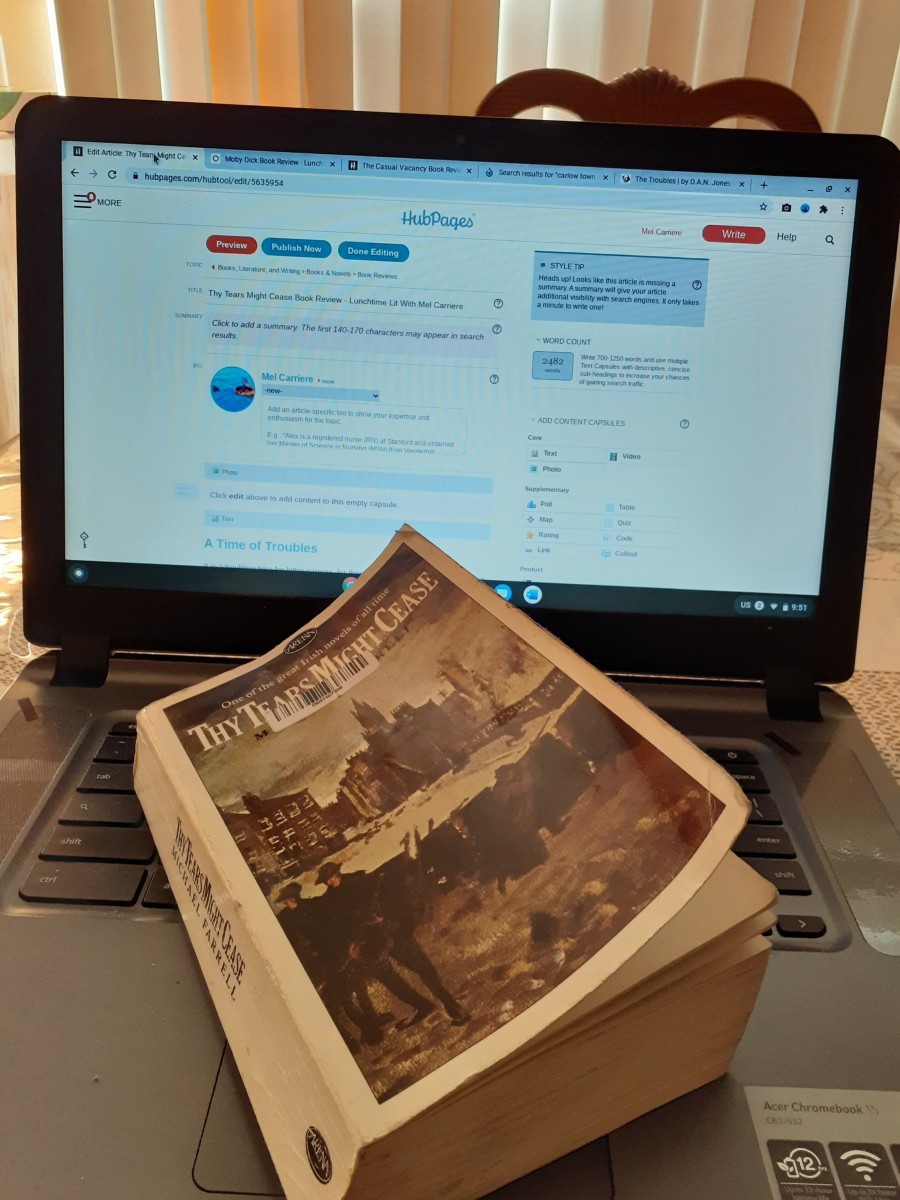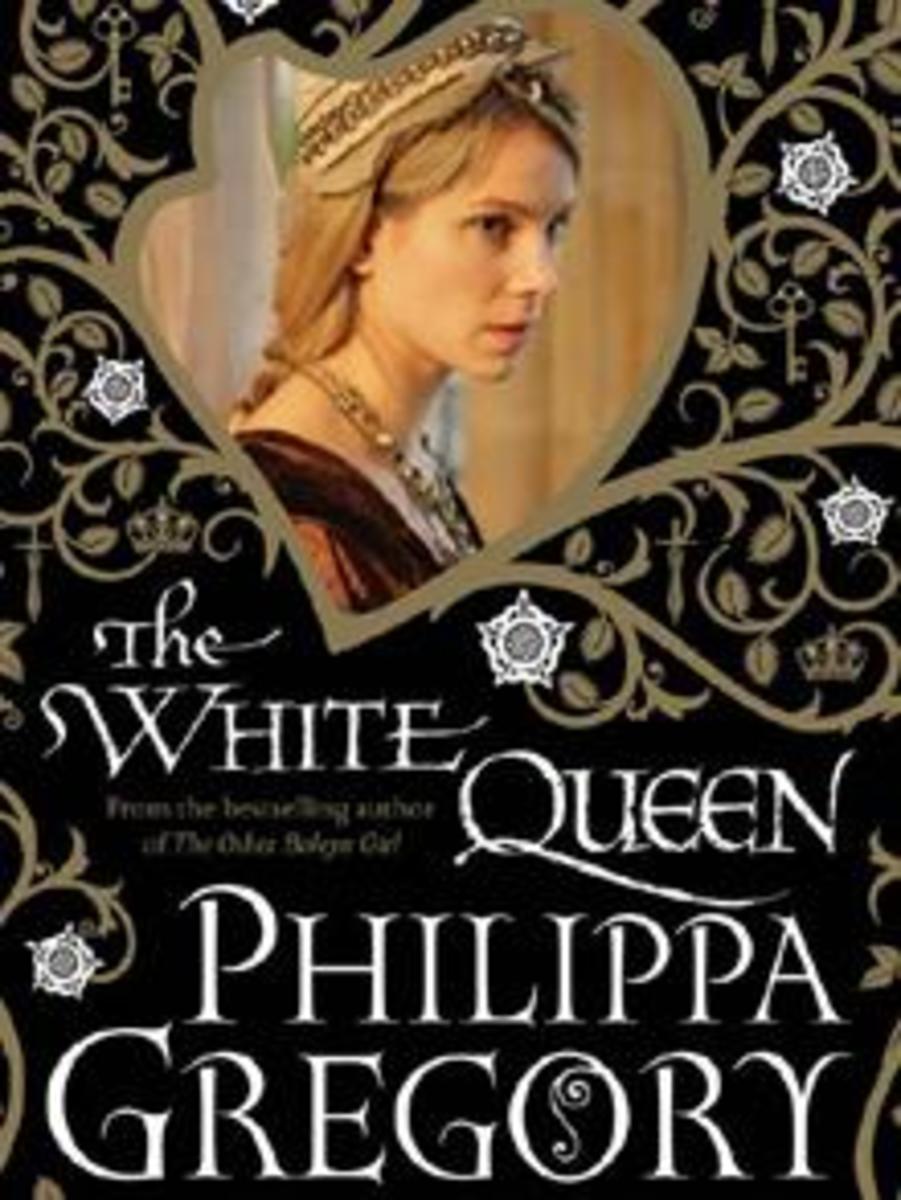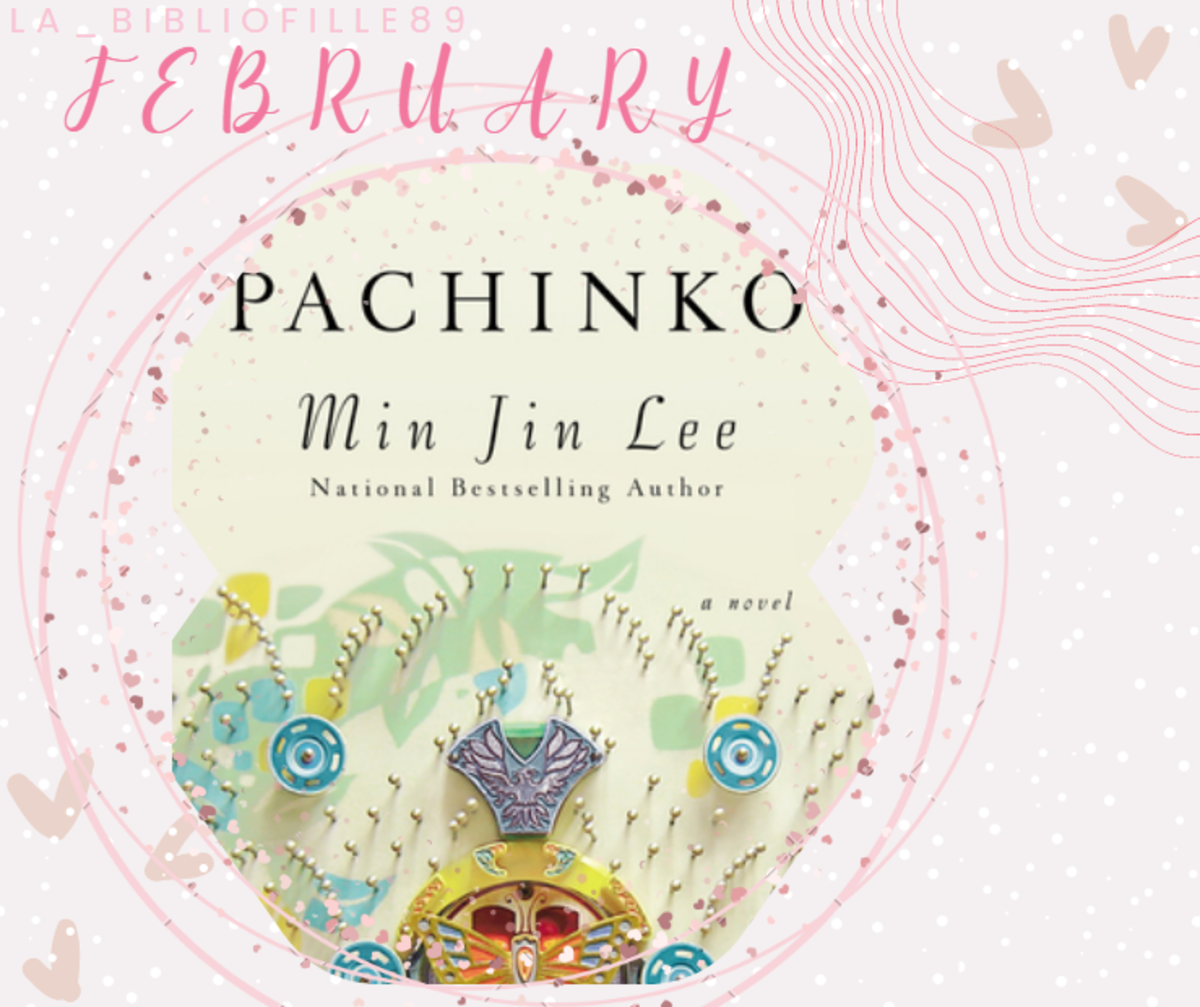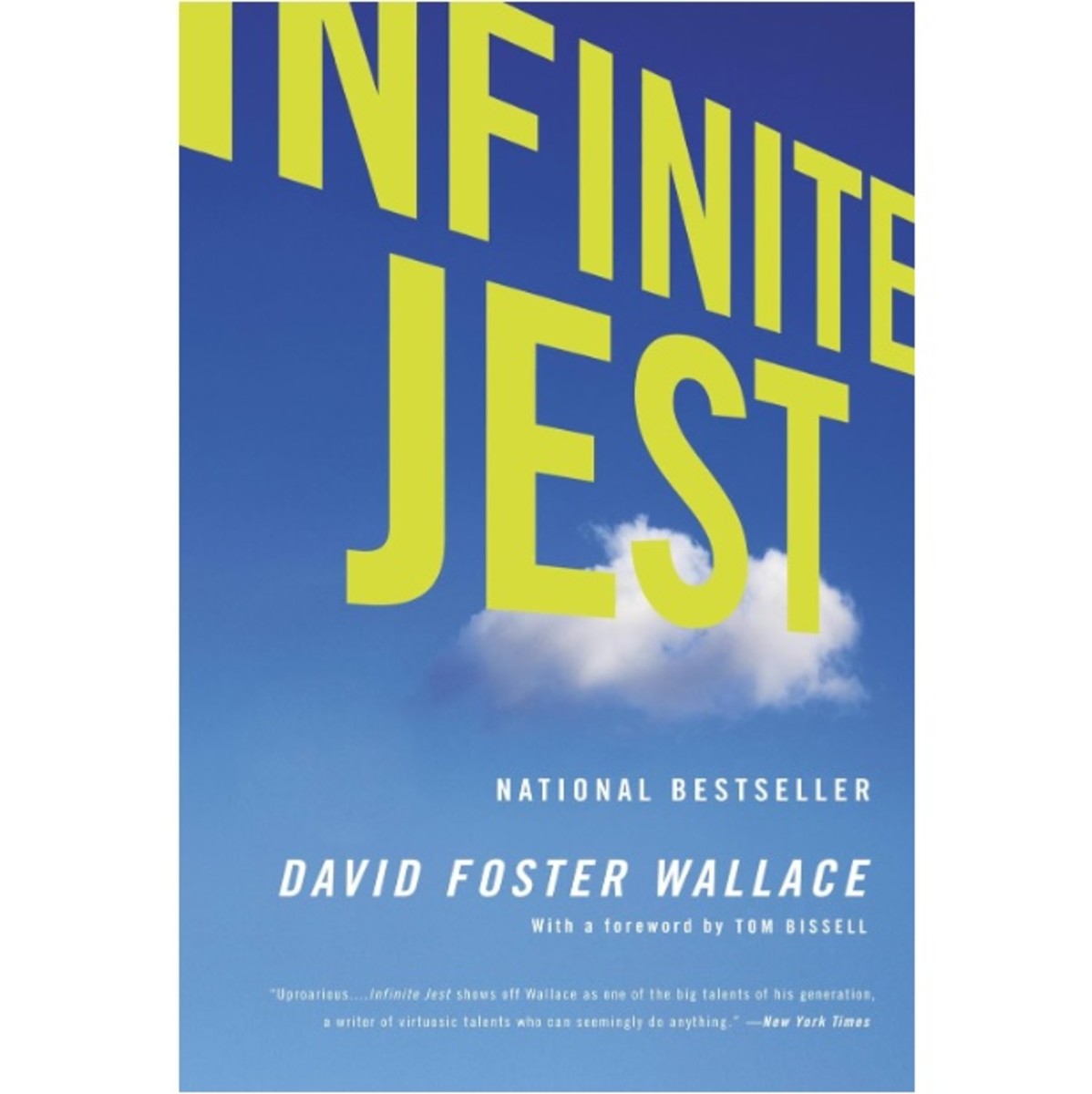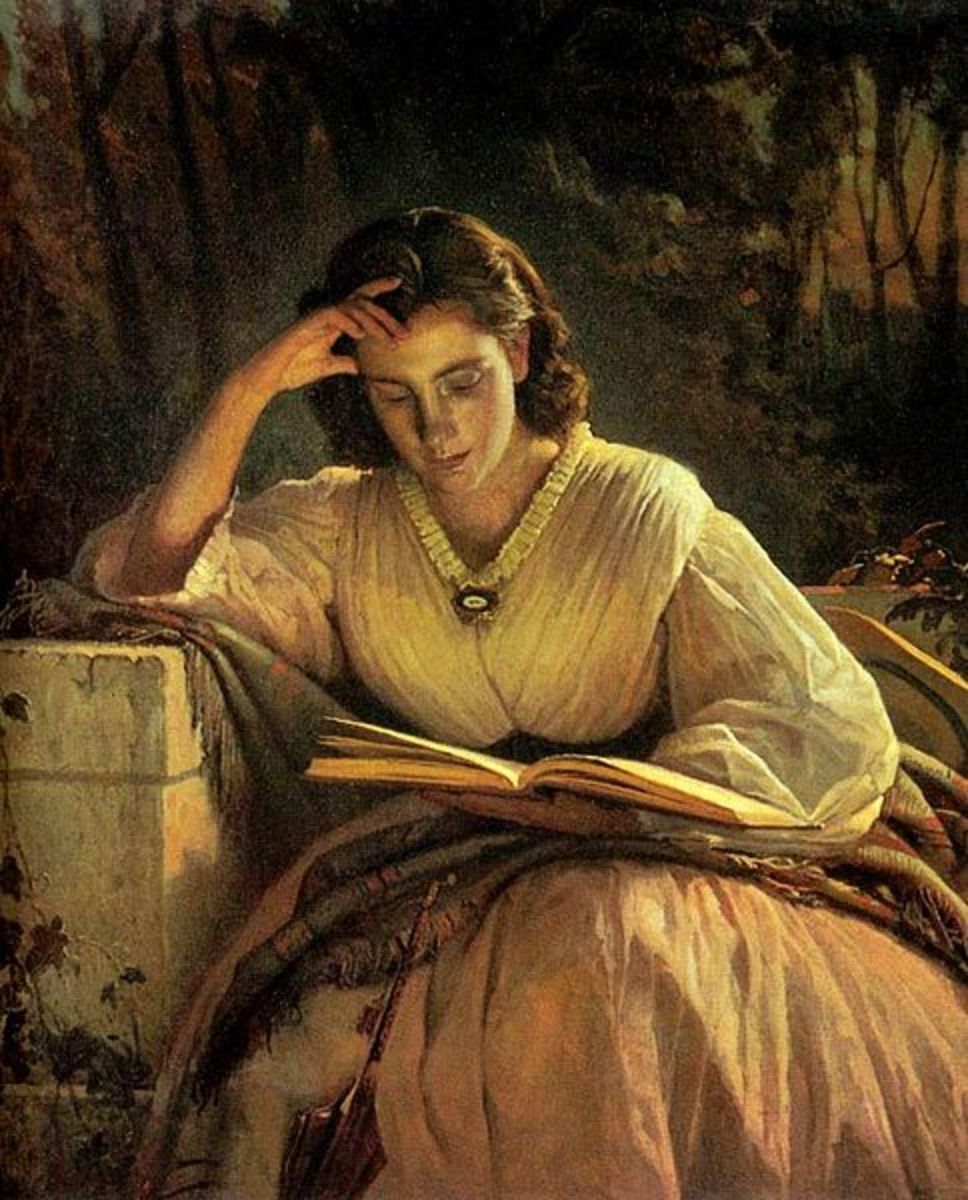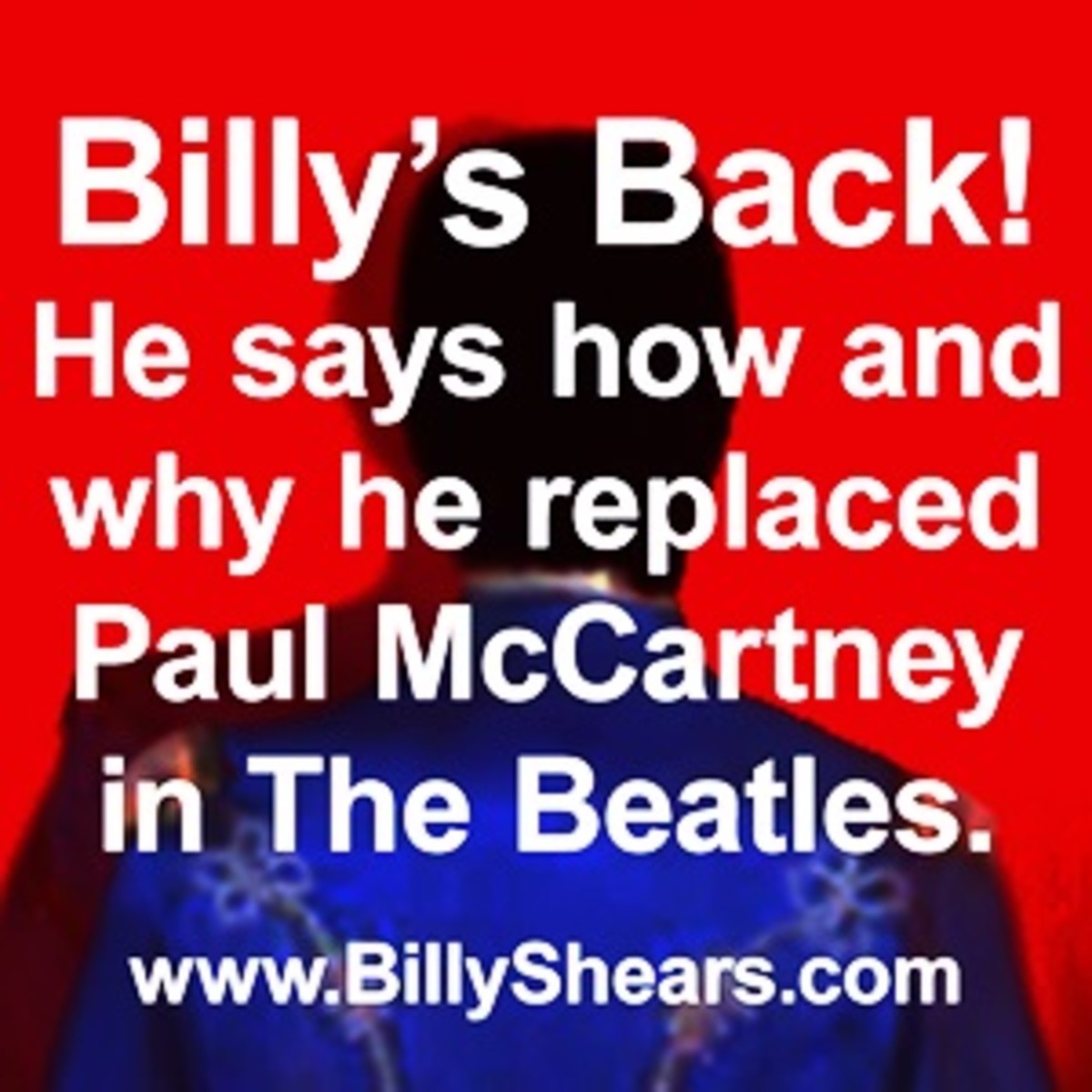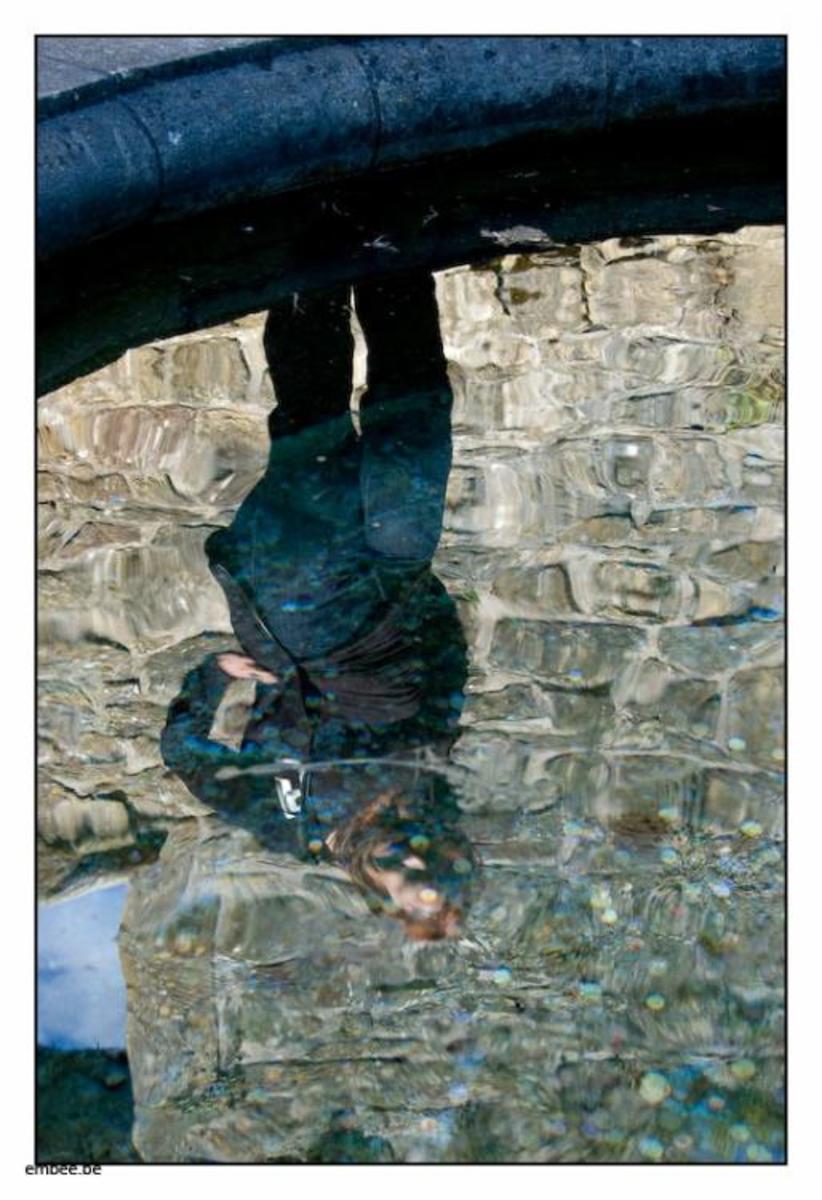The Portrait by Iain Pears: (A Book Review)
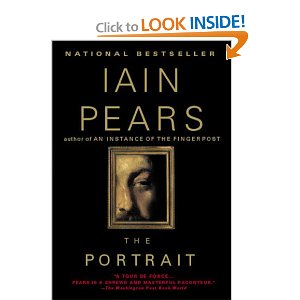
The Beginning
For a change of pace I thought I'd write a book review. But how does one write a book review? I'm not sure I know. This book review is not timely by today's standards. The book I'm going to briefly discuss was published a few years ago, though, for all I know, may have been overlooked by too many people. I suspect (though I do not know) that The Portrait is an easy novel to underrate.
Let me recommend, without any reservation whatsoever, the 2005 novel by Iain Pears, The Portrait.
Historical Fiction
The Portrait is, strictly speaking, a historical novel. But I hesitated in applying the term 'historical' to the book nevertheless. Yes, the book takes place at the turn of the twentieth century on a hard-to-get-to island on the northwest coast of France. This period is, of course, like most periods, is filled with "history" -- World War One is about to get started, and so forth.
Now, Iain Pears writes historical mystery novels with art as a central focus. Art is a central focus in The Portrait, and various movements in the history of European art are alluded to; however, it is my opinion that the "historiocity" is only incidental to the novel. It is the art, the process of art-making (painting in this case) which is important to the resolution of the story, not the art history. I'll make myself clear on this point later on.
Literary Crime Novel
The Portrait is a historical literary crime novel, as I see it.
crime novel
This is a crime novel as opposed to a mystery novel. A mystery novel is a whodunnit. The story opens with a crime (usually murder), the perpetrator of which goes entirely unknown until the end, the big reveal when the ace detective gathers everyone in the drawing room and virtually accuses everyone in the room before finally stating who the murderer is -- or something along those lines.
A crime novel, which The Portrait is, starts with a crime (usually murder). From the start the reader knows who the perpetrator is and is expected to know. The question is not whodunnit. The question is: Will the perpetrator get away it? If so, how will he or she get away with it?
Depending on whether your taste is for mystery or crime novels you might be able to make a pre-decision as to whether you might enjoy The Portrait, and whether or not you even want to continue reading this review.
Personally, I am more of a fan of crime novels. For me, there is something laborious and tedious about a mystery novel if it goes on to long. I'm still struggling to put this feeling of frustration into words. I guess I feel strung-along, even manipulated if a mystery novel is too long. Though I have always enjoyed the way Agatha Christie rendered her mystery novels, and especially the television versions of them on PBS.
"literary" crime novel
I want you to know that I am not being elitist when I use the term 'literary' in application to this particular crime novel. Of course, I am suggesting that other crime novels are not 'literary,' and a good deal is implied in that....
But I'm a big fan of the crime novels of John Grisham, Elmore Leonard, James Ellroy, Mario Puzo (his works bridge the gap between literary and genre fiction), and Patricia Highsmith (though some may argue with me on Highsmith); and I do not consider their crime novels to be 'literary.'
This gives rise to the question: What is the difference between literary and genre fiction? My understanding of this is still evolving, but I would say that genre fiction is narrowly concerned with solving a very specific, well-laid out problem. For example...
Mysteries: whodunnit?
Crime: How will the perpetrator (or will he?) get away with his crime?
"Chick" Lit: How will "Stella get her groove back," as it were? How will the heroine get true love into her life?
Fantasy: How will the quest that a band of heroes are set on work itself out?
Science Fiction: How will the encounter between different sentient species play itself out? What will be the implications for society with the adoption of a certain technology?
So, what is a 'literary' novel then?
I guess I would say that a literary novel is a story that does not have a clear, simple, reducible goal. The kinds of practical, utilitarian questions do not race through your mind, I think, in reading literary fiction that do so when reading genre fiction. One may not even know what "questions" to ask. The story may not address them, but instead may raise and attempt to answer more interesting questions than those you, the reader, thought of. I suppose that is what literary fiction comes down to in the end, a certain fluidity in the kinds of "questions" you ask yourself.
What makes The Portrait a 'literary' crime novel?
The ultimate "purpose" of the novel is obscured until very near the end of the story. For the longest time I was unaware that a "crime"(murder) had even been committed. For me, The Portrait only became a crime novel in retrospect. I think this is a testament to the fact that the novel does not depend upon the crime to make it work. If you completely removed the element of the crime you still have a well-constructed, fully functional, short literary novel -- not unlike Phillip Roth's "Everyman."
A Very Brief Word About The Plot
First of all, this novel is quite short by today's standards, a little over two hundred pages.
The action takes place solely between two men, "old friends" who have not seen each other in four years. One man is the renown art critic, taste maker, bourgeoisie bon vivant, as it were, "man about town" and all that. His name is William Naysmith. He has come to the island of Hua, off the northwest coast of France during the early years of the beginning of the twentieth century, having commissioned a self-portrait from his old friend, the painter Henry Morris MaCalpine.
Almost from the very first moment the two men meet their renunion becomes somewhat competitive. The question arises: Whom will posterity favor? Will it be "Portrait of a Gentleman" by Henry Morris MaCalpine? Or will it be: "Portrait of William Naysmith" by anonymous?
The approach the painter decides to take with this project -- and this is crucial -- is a study in which variations of light and shadow will reveal different aspects of the critic's character (I cannot overstress how vital this point is) and what we come to see is not pretty. All of the dialogue, in the form of reminiscence, is supplied by the painter. The critic, for once, sits there a passive, silent subject -- AND SUSPECT TOO!
Toward the end we learn of a violent death, a suicide. A frail, determined, lonely woman, who was also a very gifted painter, hung herself. We have every reason to believe that she had been driven to it by the cruelty of William Naysmith. This scenario is more than powerful enough to serve as the climax of the novel.
Henry MaCalpine had cared very deeply for this woman and once made a proposal of marriage to her, which she rejected out of hand. Still, they remained close friends, and we could well understand Henry having a feeling of rageful revenge on her behalf. But no, there's more, Naysmith's villainy goes deeper.
Alright, I'll leave it there, as I know it is not customary to give the solution to a book in a book review, even if the novel was published years ago. Do read The Portrait by Iain Pears when you get an opportunity.
Thanks for reading.

